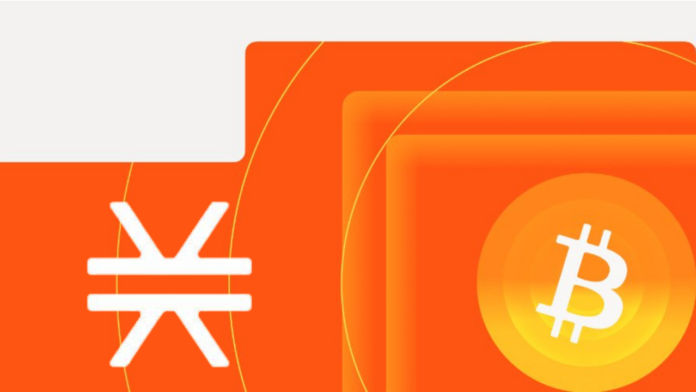The cryptocurrency landscape is ever-evolving, and the latest buzz centers around the Stacks platform, which has witnessed a remarkable increase in active accounts. This surge is primarily fueled by the burgeoning interest in Bitcoin DeFi (decentralized finance) and the innovations brought forth by layer-2 networks.
Stacks, a protocol that enhances Bitcoin’s functionality with smart contracts and dApps (decentralized applications), is becoming a focal point for developers and investors alike. The platform’s unique proposition lies in its ability to leverage Bitcoin’s robust security by anchoring to its blockchain, thus offering a novel way for functionalities like smart contracts to benefit from Bitcoin’s foundational stability and security.
The recent uptick in activity on Stacks is indicative of a wider trend in the crypto market where there is a growing shift towards DeFi platforms. DeFi aims to recreate traditional financial systems with fewer middlemen, using blockchain technology. Bitcoin, primarily seen as a store of value, is now finding its place in the DeFi conversation, thanks to platforms like Stacks that extend its utility beyond just a digital gold.
The increase in Stacks’ active accounts can be attributed to several factors. One of the primary reasons is the escalating interest in financial autonomy and the potential high returns from DeFi projects. Investors and tech enthusiasts are drawn to the promise of DeFi, which offers more direct control over financial transactions and investments, along with a transparent system that operates without the need for traditional financial intermediaries.
Moreover, the integration of layer-2 solutions on Stacks enhances transaction speeds and reduces costs, addressing some of the scalability issues faced by the original Bitcoin network. These layer-2 solutions operate on top of the existing blockchain, but process transactions more efficiently and at a lower cost, making them ideal for DeFi applications that require high throughput.
Furthermore, regulatory clarity in some regions has played a crucial role in boosting the confidence of both developers and users towards investing in and using DeFi platforms. As governments and financial authorities begin to understand and frame policies around blockchain and cryptocurrencies, platforms like Stacks gain legitimacy, encouraging more users to engage with their offerings.
The community around Stacks is also a significant driver of its growth. With an active development ecosystem, the platform benefits from continuous improvements and innovations introduced by community members. This not only enhances the platform’s capabilities but also fosters a sense of ownership and loyalty among its users.
Despite the promising advancements, challenges remain. The main concerns revolve around security vulnerabilities inherent in DeFi and the volatility of cryptocurrency markets. These factors can deter newcomers from diving into DeFi investments on blockchain platforms like Stacks. Moreover, the technical complexity of blockchain and DeFi can be a barrier for less tech-savvy individuals who might struggle to understand how these platforms operate.
However, as technology evolves and more educational resources become available, it is likely that these barriers will diminish. The future of platforms like Stacks appears optimistic, with ongoing developments aimed at enhancing usability, security, and functionality. As Bitcoin continues to dominate discussions about digital currencies, its integration into DeFi through Stacks represents a significant step forward in realizing the full potential of cryptocurrencies.
The high activity on the Stacks network is a clear signal of the crypto community’s shift towards more advanced, secure, and decentralized financial operations. This trend is not only reshaping the landscape of digital finance but also paving the way for new innovations that could one day replace traditional financial systems. As Stacks continues to build on its current momentum, it remains a key player to watch in the unfolding story of Bitcoin DeFi.


